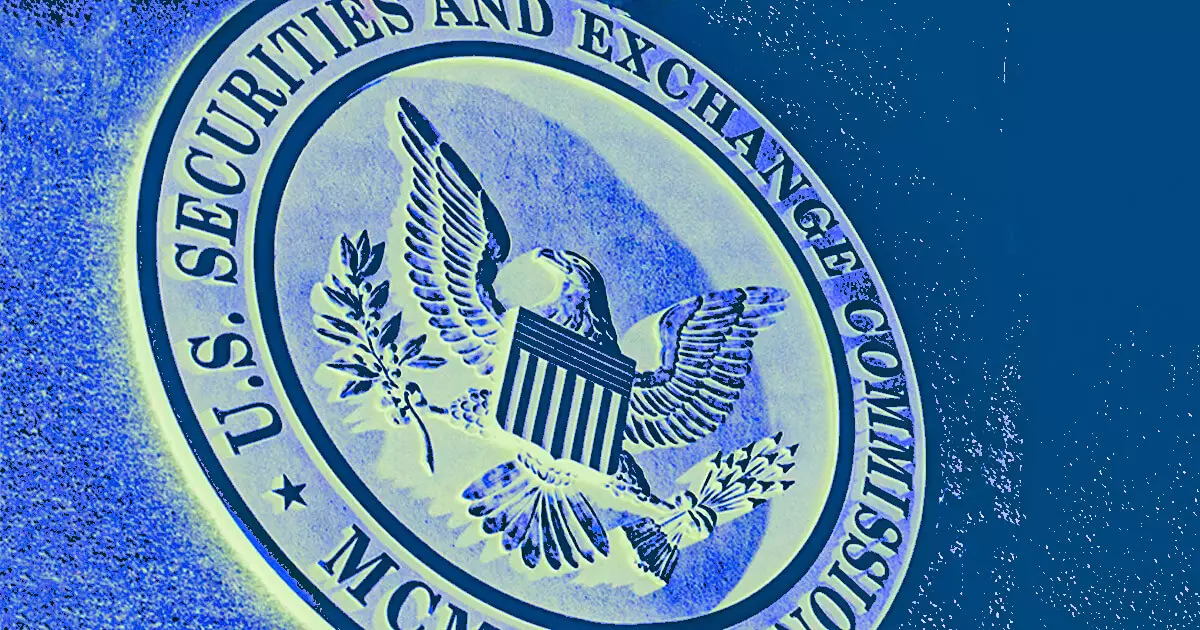The enforcement actions taken by the U.S. Securities and Exchange Commission (SEC) against the Flyfish Club’s non-fungible token (NFT) initiative have sparked significant debate among industry stakeholders and regulators alike. On September 16, SEC Commissioners Hester M. Peirce and Mark T. Uyeda publicly criticized the agency’s decision to classify the Flyfish Club NFTs as securities. According to the commissioners, this classification disregards the essence of what these tokens represent — exclusive access to a dining experience, which they argue is more akin to utility than security.
The Flyfish Club, branded as an exclusive gastronomic venue, sold approximately 3,000 NFTs, amassing about $14.8 million from initial sales. These tokens offered holders not only a stake in the establishment but promised unique culinary experiences. The SEC interpreted these offerings differently, arguing that the sale constituted an unregistered offering of crypto asset securities, which led to a hefty $750,000 penalty for the Flyfish Club.
At the heart of this dispute is the Howey Test, a legal standard used to determine what qualifies as an investment contract under U.S. securities laws. Peirce and Uyeda challenged the application of this test to the Flyfish NFTs, asserting that these tokens were designed for granting access rather than facilitating investment. They emphasized that the expectation of obtaining unique dining experiences indicated that the holders were purchasing a service, not an investment.
The implications of categorizing NFTs like Flyfish Club’s as securities could set a troubling precedent. The SEC, in asserting its authority, risks stifling innovation in a burgeoning sector. Peirce and Uyeda argue that such actions might deter creators from exploring new ideas due to fear of regulatory backlashes. They assert that the SEC must provide clearer regulatory frameworks to differentiate between utility tokens and securities to bolster the trust of creators and consumers alike.
The SEC’s approach towards NFTs has broader implications, particularly for platforms like OpenSea. The regulator issued a Wells Notice to OpenSea, alleging that it too might be facilitating the sale of unregistered securities. This warning raised alarms across the NFT ecosystem, leading to concerns among artists and creators who rely on these platforms for their livelihoods.
In response to these actions, the CEO of OpenSea, Devin Finzer, voiced strong opposition, highlighting that such enforcement could hinder creativity and the artistic community. In solidarity with affected creators, the Coinbase-backed Stand With Crypto Alliance initiated a Creator Defense Fund amounting to $6 million, aimed at offering legal and financial support to artists facing SEC scrutiny.
The ongoing controversies surrounding the SEC’s actions underscore a significant gap in regulatory clarity for NFTs. As the line between utility and security remains blurred, it is essential for regulators to establish guidelines that promote innovation while protecting consumers. The dichotomy presented by the SEC’s actions versus dissenting views from Peirce and Uyeda emphasizes a growing tension within the regulatory landscape.
Ultimately, the debate surrounding the Flyfish Club and similar NFT projects presents a crucial moment for the SEC to reassess its approach and foster an environment that encourages innovation rather than stifles it. Establishing tailored regulations could promote trust and accountability in the evolving world of digital assets, ensuring that creativity flourishes without undue restriction.


















